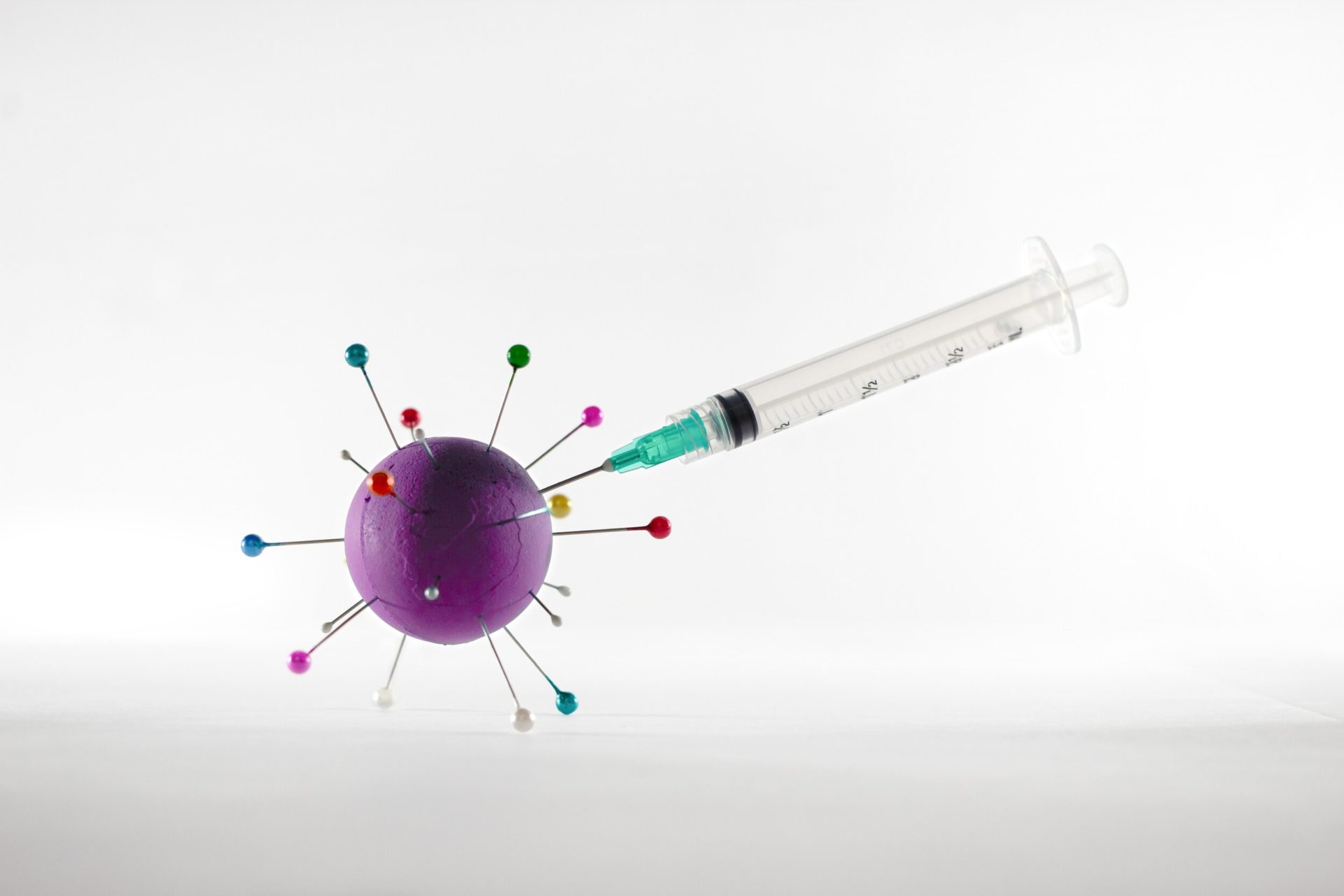
In December of 2020, I wrote an essay for Smerconish.com outlining my own hesitancy towards the COVID-19 vaccines that were available. At the time, the Pfizer and Moderna vaccines were the two most readily available in the United States, and I had misgiving for several reasons – mainly fear of a rushed process and the novelty of mRNA-based vaccination. As of late April, polling has shown that six in 10 Americans say they will get vaccinated or report having received at least one dose, according to a CBS-YouGov poll. That leaves four in 10 who say “maybe” (18%) or “no” outright (22%). So, having now received a vaccine, I thought a note on my change in attitude might help others who still find themselves hesitant to roll up their sleeve.
At the onset, I want to say that I still respect those who are still hesitant if their trepidation is grounded in science-based inquiry. However, you are one of those people who refuse a vaccine because of some fear of government control, constitutional infringements, or simply because leaders in your political party have inferred their distrust without rational inquiry, then there is no need to read on as you will likely not change your mind.
Furthermore, as I stated in my previous article, I am not an anti-vaxxer. In fact, I am a proponent of vaccines and believe the safety and functionality we have as a society is from, in part, vaccines that have diminished the effects of all many once-devastating diseases.
My hesitancy was based on the scientific protocols used by the Centers for Disease Control and Prevention (CDC) and the Food and Drug Administration (FDA). In the United States, vaccine development is normally a lengthy process that includes exploratory phases, pre-clinical trials, new drug application, four phases of vaccine trials, and thorough vetting from the CDC and FDA as well as other health agencies. What allowed the coronavirus vaccines to enter the public so quickly was an Emergency Use Authorization (EUA) that allowed distribution and final vaccine trials simultaneously. In other words, I was concerned with the possible side effects – both short and long-term – that could have been overlooked through this expedited process.
Was I wrong to be this concerned? Well, yes and no. I still believe every American should be entitled to healthy skepticism to something getting injected into their body. Conversely, however, I am not a doctor or researcher, and while I did my best to pour over epidemiology and virology journals with a medical dictionary at my side, I could never understand the intricacies of airborne transmission, cellular development, endocytosis, variants, and zoonosis.
By mid-April 2021, more than half of the U.S. adult population had been vaccinated to some degree without any unforeseen complications. While three were some concerns about rare blood clots caused by the Johnson & Johnson vaccine, the CDC temporarily halted their distribution, investigated the problem, and eventually allowed the vaccine to resume. In other words, it seemed that our system was working.
As such, I came to the realization that while there certainly were side effects to the coronavirus vaccines, they appeared to be no more prevalent than in other widely accepted vaccines. In fact, the widely accepted yearly vaccine for influenza causes most of the commonly accepted side effects associated with the available vaccines for COVID-19.
Take the injectable flu vaccine, for example. There have been several studies that show an increased risk of Guillain-Barre syndrome (GBS), a rare auto-immune disorder, after getting the common flu vaccine. Still, these same studies found that the estimated risk of GBS after vaccination as fewer than 1 or 2 cases of GBS per one million people vaccinated. This is not unlike the problem of rare blood clots found with the Johnson & Johnson vaccine where approximately 1 case per million people vaccinated was found to develop a blood clot.
Personally, I chose to receive was the Johnson & Johnson vaccine. I chose the J&J jab because it was grounded in traditional DNA technology rather than the mRNA technology used in the Pfizer and Moderna vaccines. However, had the former not been available, I would have taken either of the latter two given the data available on tens of millions of completed vaccines and the documented safety records.
Unfortunately, the aforementioned CBS-YouGov poll found that 22 percent of respondents said they will not get the vaccine. Unfortunately, that number changes based on political party affiliation – approximately 49% of Republicans say they will not or are hesitant to take a vaccine. The most common reason that people say no is because they think it is too untested (53%), followed by general concern about allergies or side effects (40%).
In my opinion, this is not going to change by much at this point. Some of these people, like myself, wanted time to digest the data before committing to be vaccinated and will have probably come to a conclusion. A large number, however, will choose to not be vaccinated due to political, religious, or personal reasons without ever having read a scientific journal.
Given the variants already observed, there is a very real possibility that it will be years before there is anything like worldwide herd immunity. We will also all probably need booster shots to maintain our overall immunity. In my uneducated opinion, Covid-19, or its variants, will be with us for many years to come. A preventative vaccine is likely to become a yearly ritual much like the influenza vaccine.
Still, for those who are hesitant like I was, it is time to reconsider your hesitancy based on the available scientific information. I do not regret my vaccine hesitancy, but I also do not regret my decision to finally get the vaccine based on the available science and data. As so many others have said, getting a vaccine is not just about you, but about the safety of our own communities.
______________________________________________________________________________________________________________________






